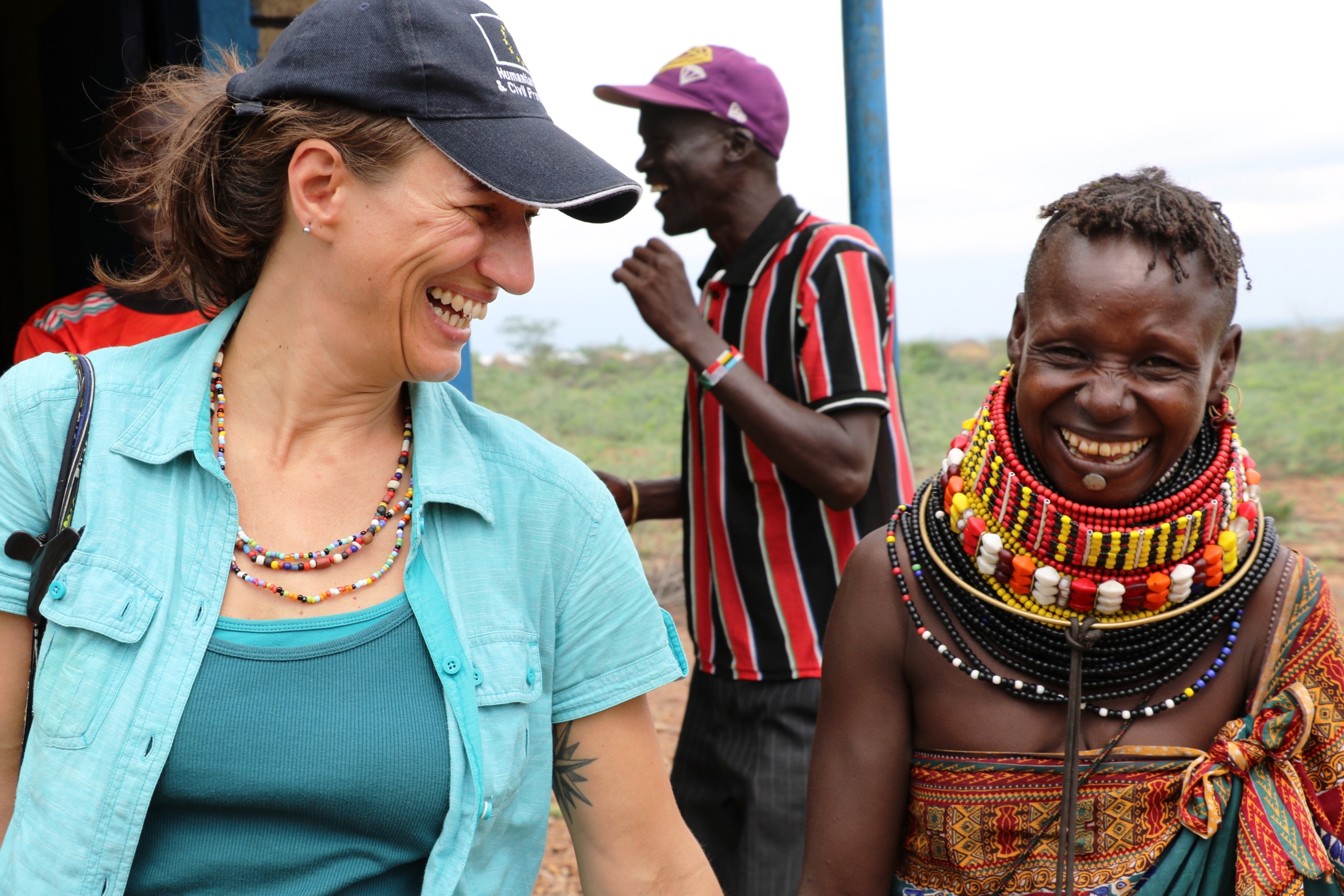
Political polarization refers to the divergence of political attitudes toward ideological extremes. In simple terms, people are becoming more divided in their views and tending more toward far-right or far-left views, creating vast ideological distances between opposing political individuals. This results in overall less agreement among those of differing political beliefs. However, this may not be the only result of increasing polarization.
Consequently, viewpoints are increasingly becoming more singular, allowing prevalent issues in society to be turned monochrome. This has especially been exacerbated in political discourse surrounding issues with a strong moral component, which cannot be quantified by numbers or data. For example, the issue of foreign aid could be considered to have a high level of subjectivity, as there is no correct answer to how much foreign assistance ‘should’ be provided.
The Impact on Global Poverty
Studies have previously shown that high levels of political polarization can lead to a delay in the legislative process and that a divided government can critically slow the policymaking process. Research has uncovered how polarization can delay the legislative process by “60 days, on average,” a significant duration of time for which many issues cannot wait.
A delay in the legislative process will inevitably hinder decisions made regarding U.S. public policy, including foreign policy and aid measures. Furthermore, polarization can impact policy on an international scale, affecting international cooperation. This could be detrimental to recipient countries, leading to the neglect of those who are most in need.
Poverty Reduction Abroad, Impacts at Home
Addressing global poverty has benefits for domestic donors such as the U.S., including improvements to the economy, job creation and reinforcing national security. Reductions in global poverty mean that, on aggregate, fewer people will be living below the poverty line. Thus, their overall disposable income will be higher. Higher demand accompanies higher incomes. Therefore, consumption is likely to increase, which can increase global demand. Domestic markets will be able to reap the benefits of this increased demand, and additional job creation may occur. This can generate an incentive for addressing global poverty.
Fostering international relationships is yet another benefit of foreign aid. Providing assistance to other nations encourages international cooperation and may be a preventative measure against future conflict. National security grows stronger as alliances between nations are fostered. This provides another incentive for foreign aid.
Foreign aid given by the U.S. has already made a massive impact on global poverty reduction efforts. For example, the President’s Emergency Plan for AIDS Relief (PEPFAR), a program tackling HIV in Africa, prevented many deaths that would have likely otherwise occurred due to the disease’s high mortality rates. Other aid programs have included alleviating famine in India, which, in addition to helping the Indian population, also spurred development in the agricultural industry. This resulted in better production techniques and higher yields. The military aid provided to many South American countries from the 1980s has accelerated the clamp-down on illegal substances, both for the U.S. and other nations, decreasing the global supply of drugs. Foreign aid plays a critical role in combating poverty, and, as demonstrated, has beneficial effects for all.
Individual Action
While the U.S. is numerically the largest contributor to overseas aid, when taking into account the per capita figure, the U.S. ranks significantly lower than other countries overall. Considering the vast size and GDP of the U.S., more could certainly be done in terms of providing foreign assistance.
Now more than ever, individual action is key in expediting the legislative process. Putting pressure on political leaders can be done in different forms, through emailing, calling, writing letters and much more. This is critical in obliging leaders to put foreign poverty reduction at the forefront of their agenda, and overcoming the delay created by intensifying polarization, in order to achieve a successful eradication of global poverty.
Solutions to Polarization
While polarization is a very real and worsening issue, it is more of a psychological phenomenon than a concrete issue. This makes any form of solution difficult to enact. Reducing prejudice and intolerance between different groups is key to becoming more open-minded. This can be facilitated through encouraging more contact and discussion between opposing groups. Encouraging open debate and analyzing alternative perspectives is helpful in avoiding polarization. This will ultimately be the key to mitigating the legislative time delays and other negative impacts of political polarization.
– Hannah Bugeja
Photo: Flickr

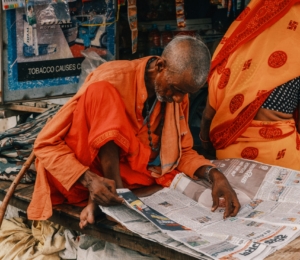 Journalism has historically played a vital role in combatting corruption, amplifying marginalized voices, educating the public and fostering community cohesion. However, the advent of technology has led to a significant decline in local journalism, despite its critical importance. Local journalism combats poverty in a unique yet indispensable manner, whether by giving voice to communities, addressing information gaps or exposing corruption.
Journalism has historically played a vital role in combatting corruption, amplifying marginalized voices, educating the public and fostering community cohesion. However, the advent of technology has led to a significant decline in local journalism, despite its critical importance. Local journalism combats poverty in a unique yet indispensable manner, whether by giving voice to communities, addressing information gaps or exposing corruption.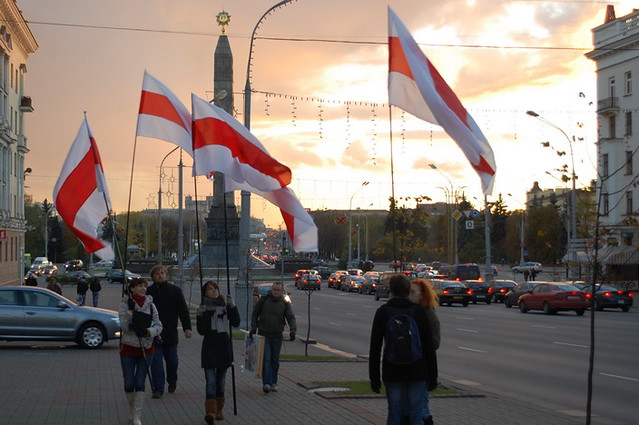
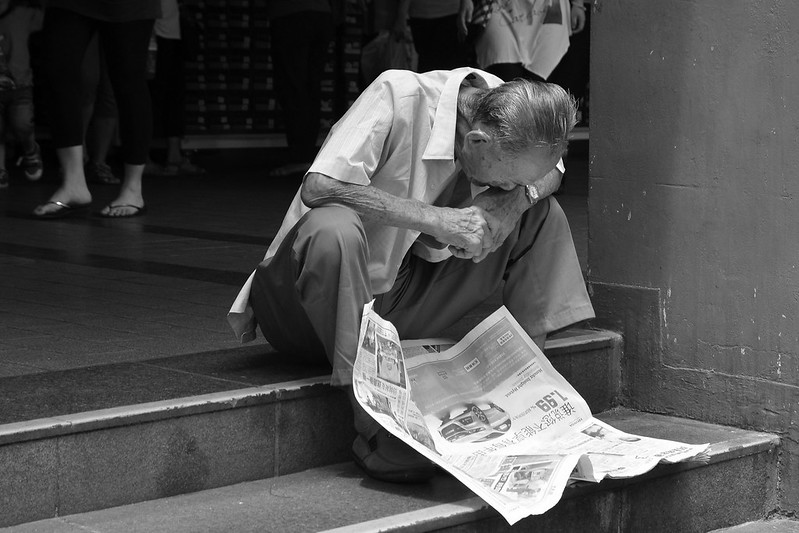
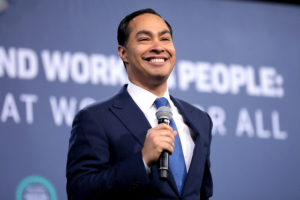
 George Washington is infamously known for his role as general of the Revolutionary War and for being the first president of the United States. Here are the top 10 interesting facts about George Washington. They reveal his efforts to ease international tensions and address the global issues of his time.
George Washington is infamously known for his role as general of the Revolutionary War and for being the first president of the United States. Here are the top 10 interesting facts about George Washington. They reveal his efforts to ease international tensions and address the global issues of his time.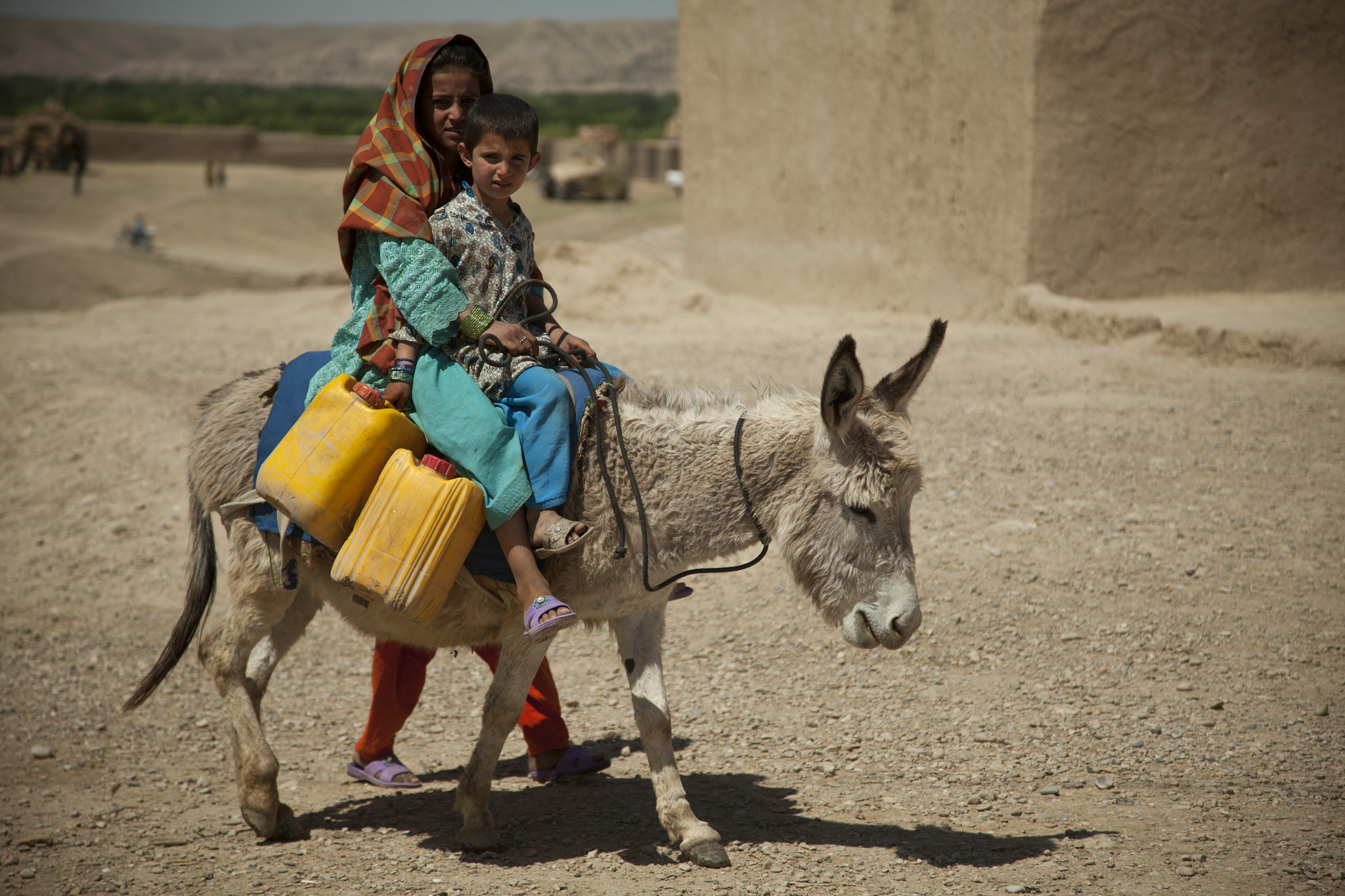
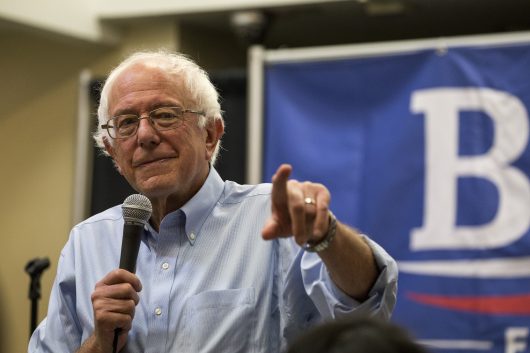 The
The 
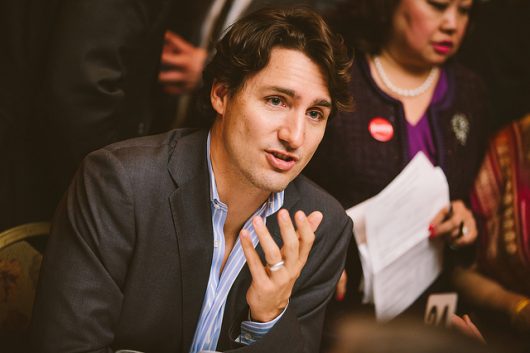 Are you looking into how to become a
Are you looking into how to become a